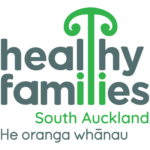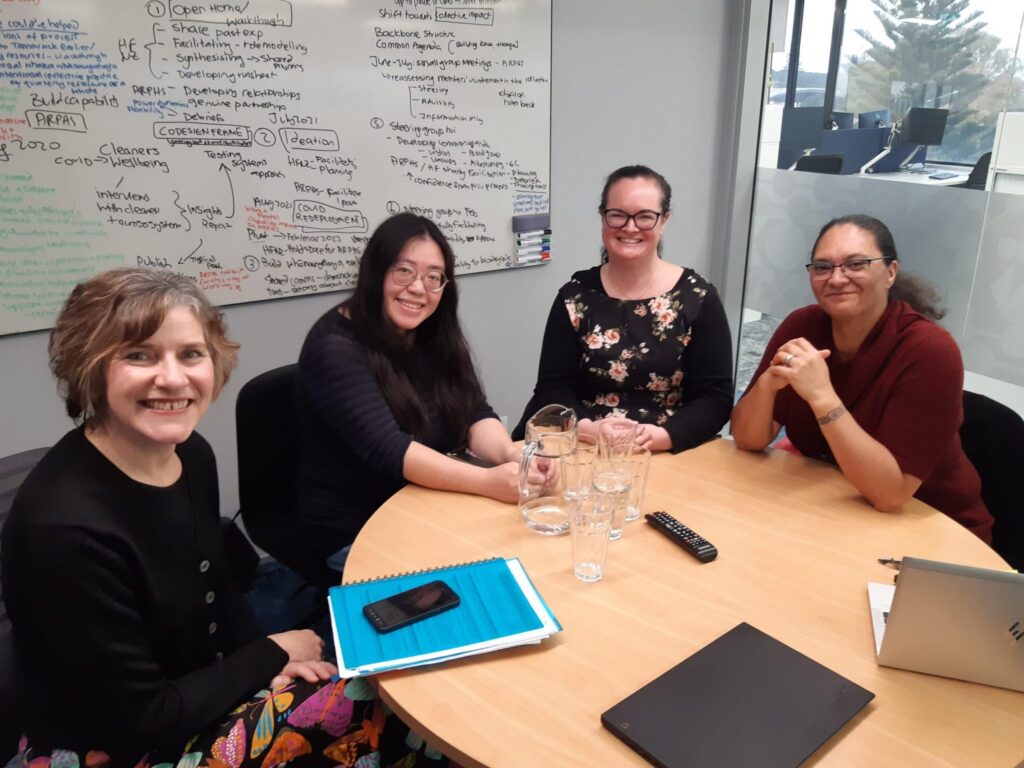
Collaboration can be a powerful catalyst for change, especially when it involves organisations coming together for a common purpose.
The partnership between Healthy Families South Auckland (HFSA), Healthy Families Waitakere (HFW) and the Auckland Regional Public Health Service (ARPHS) is a testament to the potential of collective efforts in building a healthier, more sustainable future.
Healthy Families South Auckland’s Turei Mackey says the roots of this collaboration extend back to 2019 when HFSA and ARPHS saw the potential to join forces after a shared meeting with other Healthy Families New Zealand sites.
“There was a shared common goal to enhance the capability of the public health workforce when it came to systems change and the challenges when collaborating with community and other organisations,” Turei says. “So, the initial focus was twofold – working with Healthy Family New Zealand sites and building the capacity of the public health workforce.”
By 2020, ARPHS had already made inroads building relationships with organisations involved in prioritising wellbeing in the workplace, while Healthy Families had been actively engaged in workplace ecology. But when the COVID-19 pandemic struck, Healthy Families and ARPHS encountered a distinctive challenge.
ARPHS completed their first emergency response to COVID-19 in June 2020. The evolving landscape presented a unique opportunity to leverage off the spotlight on Cleaners and the ‘essential’ nature of their work.
ARPHS collected insights from a diverse range of organisations including Worksafe, Ministry of Business, Innovation and Employment (MBIE), cleaners, cleaning companies, training organisations, unions, and various others.
A walkthrough session was hosted by Healthy Families and ARPHS in 2021 that brought various stakeholders and supporters from the cleaning industry together.
This allowed them to share insights in a more interactive and engaging way, forging a deeper understanding among participants. The insights from these sessions catalysed further work, ultimately leading to the formation of a Cleaning Service Sector Collective with a focus on a systemic approach.
“We (ARPHS) discovered the value of taking a systems approach and welcoming everyone to a walkthrough session to decide – together – the health and wellbeing priorities for the industry. It also, through reflection, allowed us to acknowledge the need to address power imbalances and establish equitable relationships when collaborating in a co-design process” says ARPHS Health Promoter Rhonda Cornes.
Rhonda says the partnership between Healthy Families and ARPHS was unique in that it didn’t follow the traditional path of publishing reports or delivering presentations and moving on. Instead, they sought to continually engage with stakeholders and partners, ensuring that their insights were more than just data points in a report.
Building a Cleaning Service Sector Collective and Developing a Common Agenda
In mid-2022 as the world was beginning to recover from the worst of the pandemic, the collaboration between Healthy Families and ARPHS gained momentum as they worked together with the Cleaning Service Sector Collective to develop a common agenda.
The idea of a common agenda took centre stage as cleaning partners began to define their purpose, desired outcomes, and opportunities.
This phase involved engaging with smaller groups to assess their commitment levels and role expectations within the collective. It was an essential step in ensuring that everyone’s expectations aligned with the broader goals of the collaboration.
The transition towards a common agenda marked a significant turning point for the partnership. The smaller group meetings in June/July 2022 helped clarify roles and commitments. Some members preferred an advisory role, while others stepped up to form a steering group that would take the lead in shaping the common agenda.
This shift allowed for more focused decision-making and action planning, strengthening the collective’s overall direction says ARPHS Health Promoter Jill Moffat.
Healthy Families and ARPHS identified several key takeaways:
- Partnerships require time and patience to develop. HFSA played a crucial role in nurturing the seed of collaboration, even during periods of redeployment
- Collaborative efforts can empower organisations to view problems differently, leading to better problem-solving and a broader impact on the community.
- Collaborative work necessitates flexibility and adaptive engagement. Not every member has to be part of the steering group, and smaller, more focused groups can drive key initiatives.
- HFSA and ARPHS recognised the value of investing in capability building. It allowed them to take on a new system change approach and empowered them to make a more significant impact.
- The pandemic did not deter the commitment of those involved. It served as a force that brought people together during challenging times.
- Building genuine partnerships means addressing power imbalances and fostering equity in the collaborative process.
- Open and transparent communication is essential to ensure everyone’s expectations align with the broader goals of the collaboration.
The collaboration between Healthy Families South Auckland, Healthy Families Waitakere and the Auckland Regional Public Health Service has not only fostered a culture of partnership but has also highlighted the transformative potential of working together towards a common agenda.
In a modern world that consistently has intricate challenges, these organisations have proven that they can cultivate meaningful change through cooperation, flexibility, and a shared mission.
